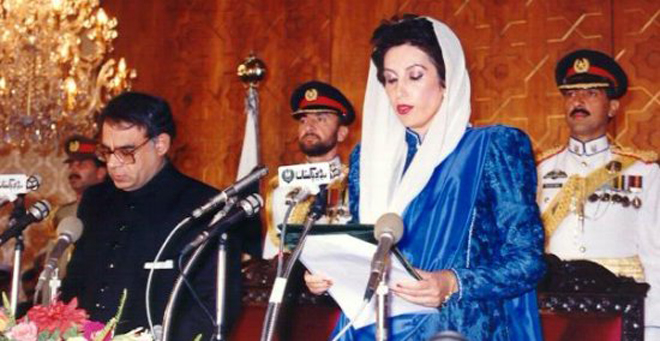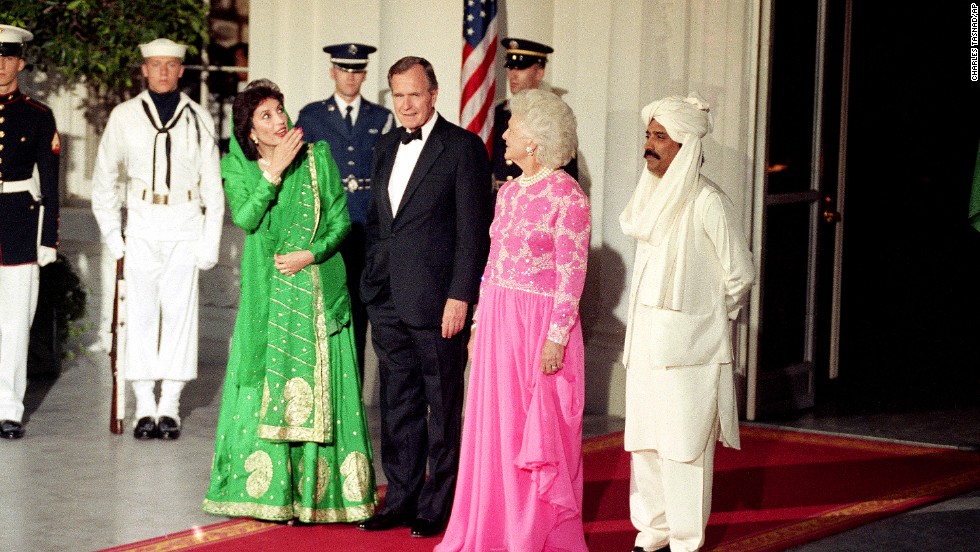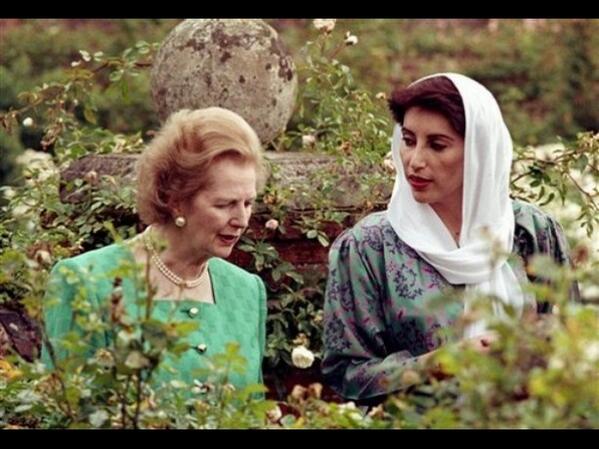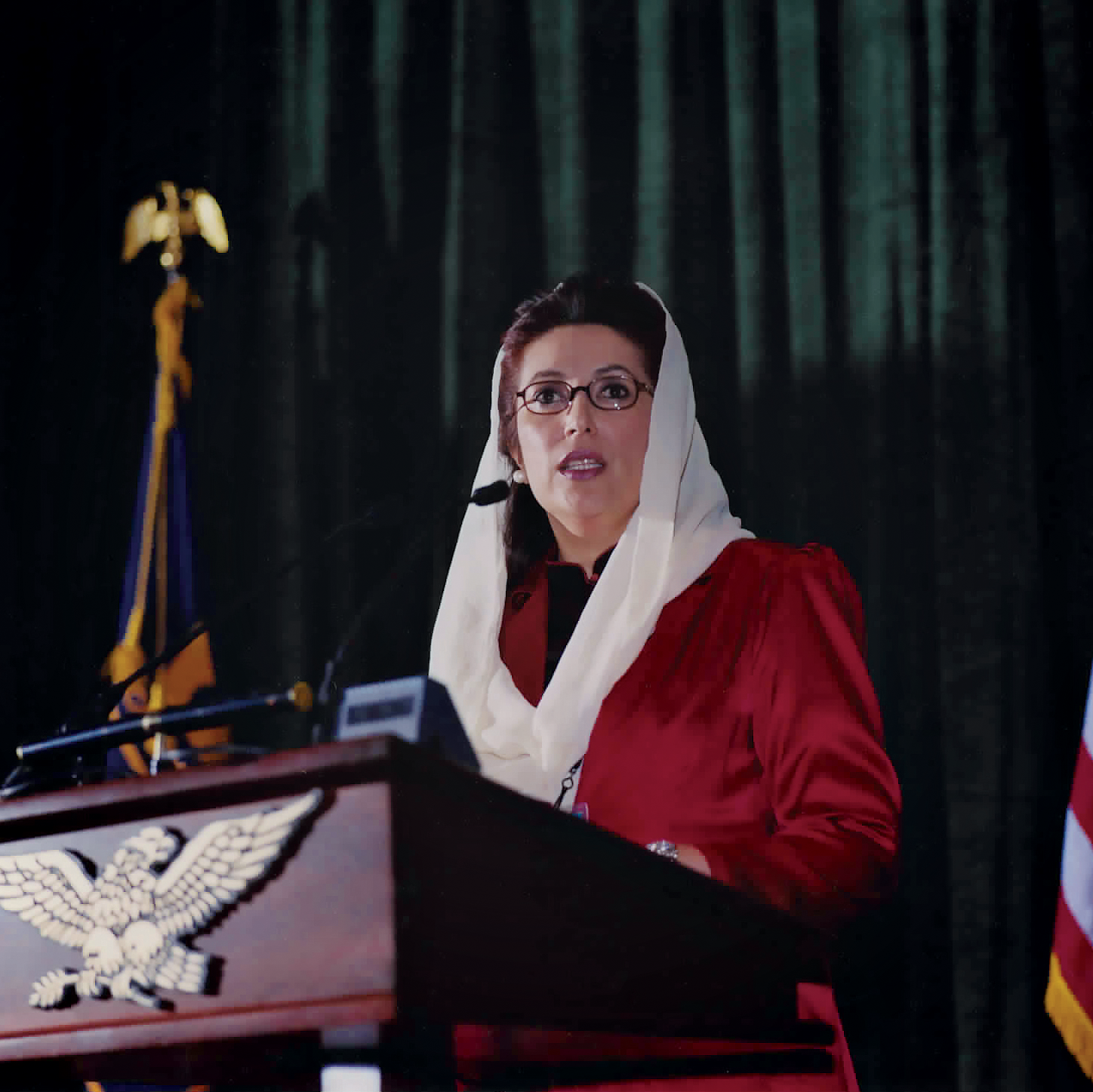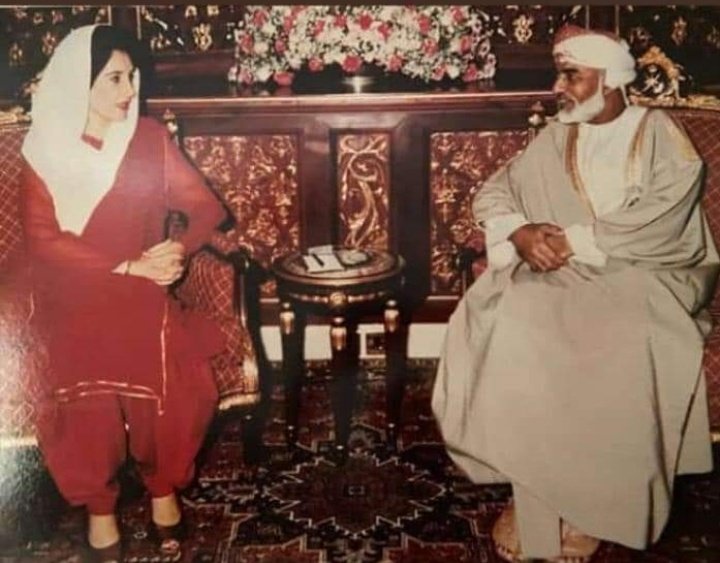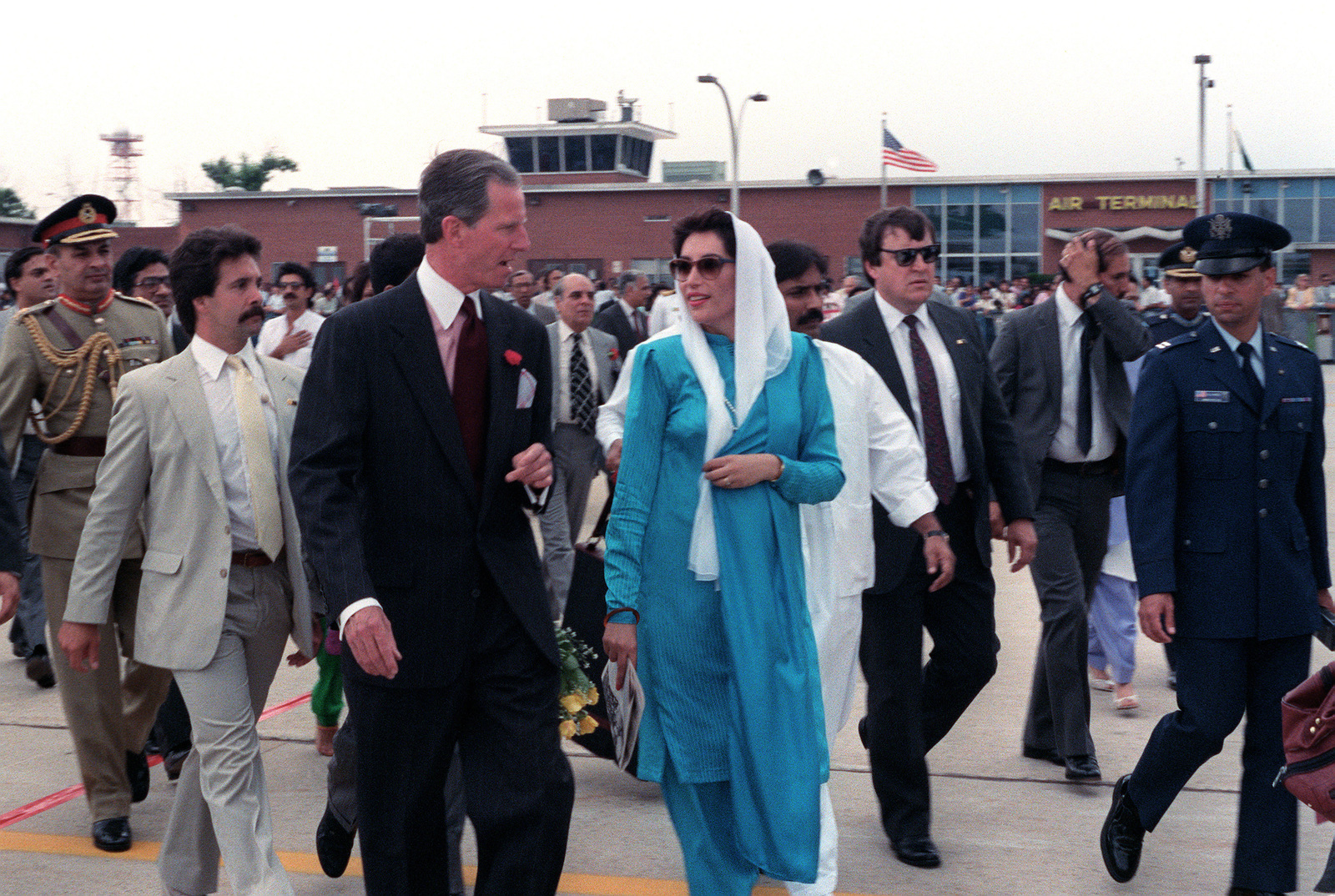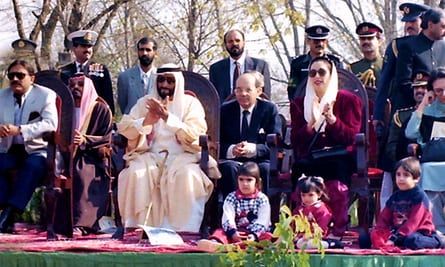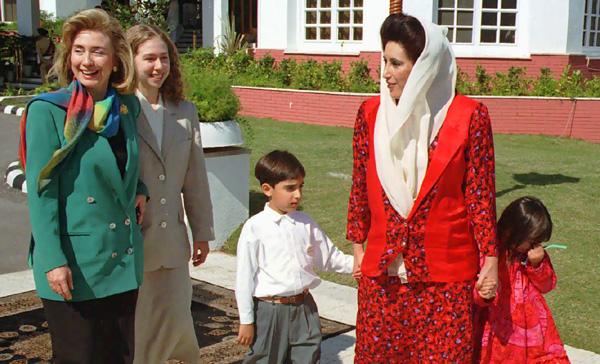Benazir Bhutto
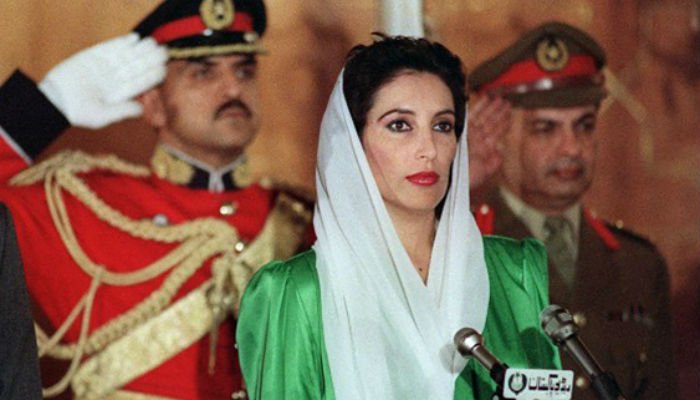
Benazir Bhutto: The Epitome of Courage and Resilience
Early Life and Education
Benazir Bhutto was born on June 21, 1953, in Karachi, Pakistan, into the renowned Bhutto family, a family deeply entrenched in the political landscape of Pakistan. She received her early education in Pakistan before heading to the United States to study at Harvard University. Later, she pursued further studies at the University of Oxford, where she honed her leadership skills, serving as the president of the Oxford Union.
Political Awakening
Benazir Bhutto's political awakening began at a young age, witnessing the leadership of her father, Zulfikar Ali Bhutto, the founder of the Pakistan Peoples Party (PPP) and the Prime Minister of Pakistan. Her political consciousness was further heightened during the turbulent times that saw her father's unjust imprisonment and later execution.
Stepping into the Political Arena
In the wake of her father's execution, Benazir Bhutto took on the mantle of leadership, steering the PPP through one of its most challenging periods. She exhibited remarkable courage and determination, rallying the party and the nation with her charismatic leadership and vision for a democratic Pakistan.
Becoming the Prime Minister
Benazir Bhutto's resilience and the PPP's relentless struggle bore fruit when she became the Prime Minister of Pakistan in 1988, making history as the first woman to head a democratic government in a majority Muslim nation. Her tenure was marked by efforts to improve social services, including education and healthcare, and to empower women and marginalized communities in Pakistan.
Second Term as Prime Minister
Benazir Bhutto served a second term as Prime Minister from 1993 to 1996. Despite facing numerous challenges, including political opposition and economic hurdles, she remained steadfast in her commitment to democratic governance and worked tirelessly to foster economic growth and social development.
Champion of Democracy
Throughout her political career, Benazir Bhutto remained a staunch advocate for democracy, fighting against dictatorial regimes and working to establish a political environment where the voices of the people could be heard. She envisioned a Pakistan where justice, equality, and freedom were not just ideals but a reality for every citizen.
Tragic Assassination
Benazir Bhutto's life was tragically cut short when she was assassinated on December 27, 2007, following a political rally in Rawalpindi. Her death was not just a loss for the PPP but for the entire nation, as Pakistan lost a fearless leader and a beacon of hope for a democratic future.
Legacy
Today, Benazir Bhutto's legacy lives on through the PPP, a party that continues to champion the principles she held dear: democracy, social justice, and equality. She is remembered as a leader who broke barriers, a woman of immense courage, and a visionary who dreamed of a progressive and inclusive Pakistan.
Benazir Bhutto stands as a towering figure in the history of Pakistan, a woman of substance who led with grace, courage, and an unyielding commitment to the democratic values of the PPP. Her life and leadership continue to inspire generations, encouraging them to fight for justice, equality, and the betterment of society. Benazir Bhutto remains a symbol of resilience, a testament to what can be achieved with determination and a fearless spirit.


